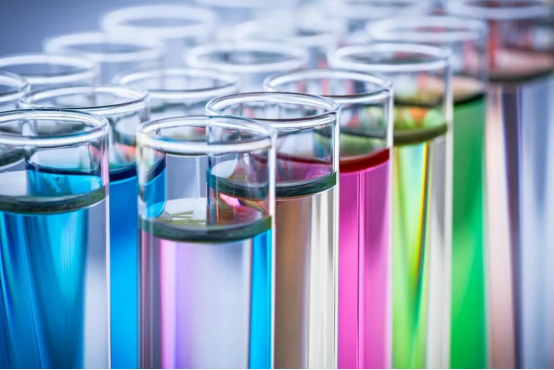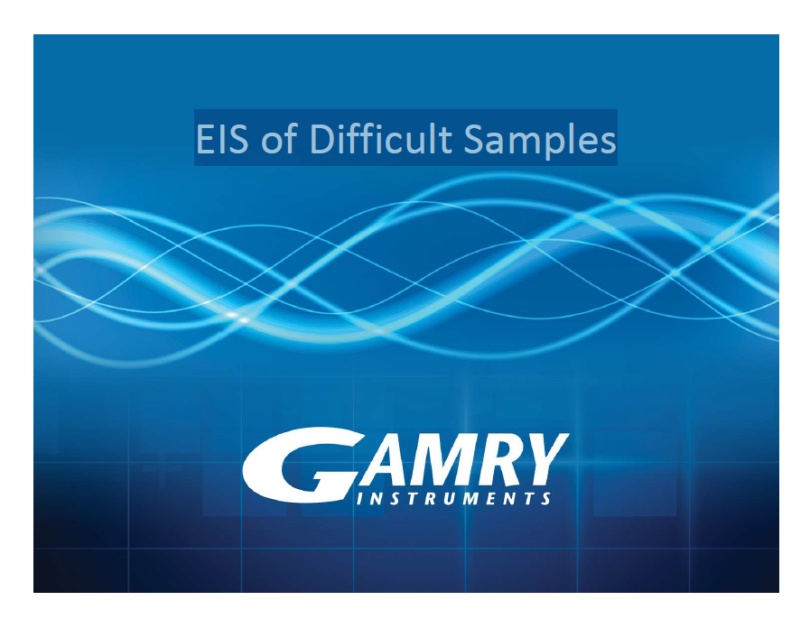Precious metals are found in the process and wastewater streams of various industries including mining [1,2], ore and metal processing [3], semiconductor and electronic manufacturing [4,5] and e-Waste recycling [6,7]. Numerous works discu... Precious metals are found in the process and wastewater streams of various
industries including mining [1,2], ore and metal processing [3], semiconductor and
electronic manufacturing [4,5] and e-Waste recycling [6,7]. Numerous works discuss
the use of adsorption for precious metal separation and recovery [8-17]. Selective
adsorption is an attractive technology for separation, removal and recovery of
precious metals. Gold [9], silver [10], platinum [11] and palladium [12] were
selectively adsorbed from binary and complex mixtures and recovered at high purity
using polymeric resins [13] and adsorbents made from MCM-41 [14-16 ] and SBA-15
[17]. Tsezos and coworkers [18] reported the adsorption of palladium, gold, uranium,
yttrium, silver and nickel by biomass derived from two bacteria strains. They
observed that the biosorbents preferentially adsorbed gold and silver, both classified
as soft metals according to Pearson’s hard-soft acid-base (HSAB) principle [19].
贵金属在此过程中被发现的,包括采矿和废水[1,2],矿石和金属加工[3]各行业流,半导体和电子制造[4,5]和电子废物回收利用[6,7]。众多作品讨论了吸附分离回收贵金属[8-17]使用。是一种选择性吸附分离,去除和贵重金属回收有吸引力的技术。金牌[9],银[10],铂[11]和钯[12]是从二进制选择性吸附和复杂的混合物,在高纯度恢复使用高分子树脂[13]和MCM的制成的吸附剂- 41 [14-16]和SBA - 15 [17]。 Tsezos等[18]报道了钯,金,铀,钇,银,镍由两个细菌菌株产生生物质吸附。他们指出,生物吸附剂吸附优先黄金和白银,因为根据Pearson的硬软酸碱软金属分为两种(硬软酸碱)的原则[19]。


 邀请函 |珀金埃尔默邀您参加 8月4-8日·青海·第36届国际溶液化学大会
邀请函 |珀金埃尔默邀您参加 8月4-8日·青海·第36届国际溶液化学大会
 Gamry电化学讲座:挑战性样品的电化学阻抗测试
Gamry电化学讲座:挑战性样品的电化学阻抗测试

 评论
评论